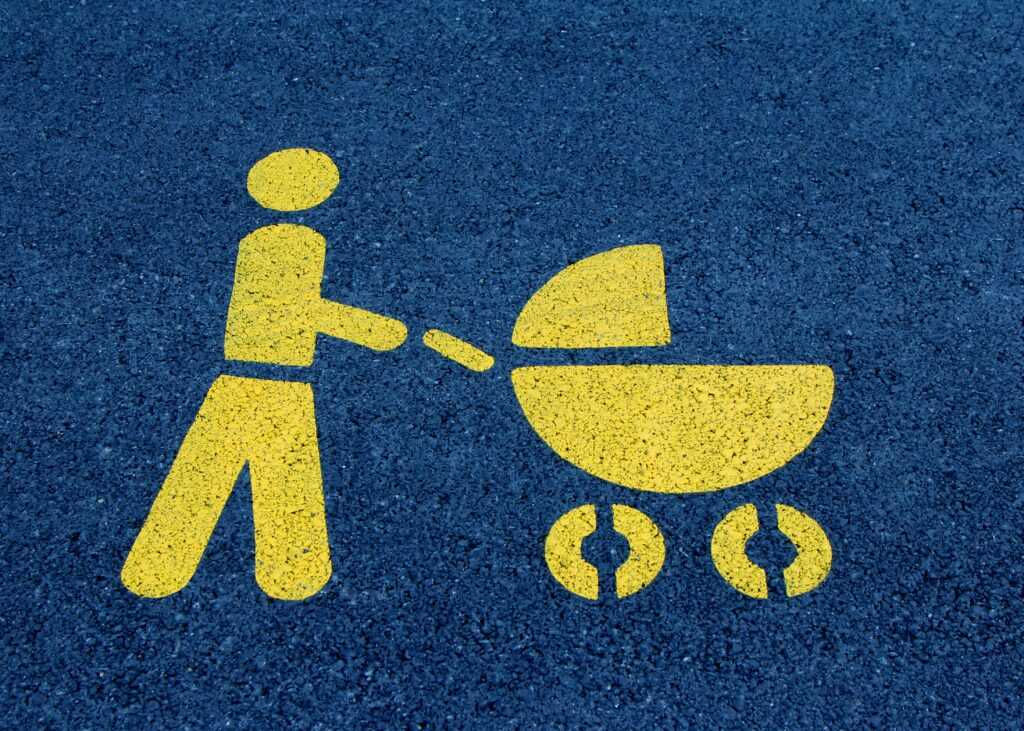As a parent, staying informed about the latest educational approaches is crucial in supporting your child’s learning journey. In today’s rapidly evolving educational landscape, understanding these new methods can make a significant difference in your child’s academic success. From personalized learning strategies to innovative technology integration, the educational realm is constantly adapting to meet the needs of modern learners.
In this article, I’ll explore the key new educational approaches that parents should be aware of to help their children thrive in school. By gaining insights into these innovative methods, parents can actively engage with their child’s education and provide valuable support both at home and in the classroom. Stay tuned to discover how you can stay ahead of the curve and empower your child with the best educational opportunities available.
The Evolution of Educational Approaches
Expanding on the rapidly changing educational landscape mentioned earlier, let’s delve into the evolution of educational approaches. New pedagogical techniques and strategies are continuously being developed to enhance student learning outcomes. As a parent myself, understanding these advancements is crucial to support my child’s academic journey effectively.
Adaptability is key in today’s educational environment. Traditional teaching methods are making way for innovative approaches that cater to diverse learning styles. Incorporating technology in education, such as interactive online platforms and educational apps, has revolutionized how students engage with course material.
Collaborative learning is gaining prominence, emphasizing group work, problem-solving activities, and peer-to-peer teaching. This approach fosters communication skills, teamwork, and critical thinking – essential competencies for success in the modern world.
Additionally, personalized learning is being increasingly adopted to tailor educational experiences to individual student needs. By customizing curriculum and pacing based on a student’s proficiency and interests, educators can optimize learning outcomes and student engagement.
Keeping abreast of these evolving educational approaches equips parents with the knowledge and insights to actively participate in their child’s education. By embracing these new methods, parents can create a supportive environment that nurtures their child’s academic growth and success.
Benefits of New Educational Approaches
As a parent, I understand the importance of keeping up to date with the latest educational approaches to support my child’s learning journey effectively. Here are some compelling benefits of embracing these new methods:
Improved Learning Outcomes
New educational approaches have shown a significant impact on enhancing learning outcomes for students. By incorporating innovative teaching techniques tailored to individual learning styles, students can grasp concepts more efficiently and retain information better. This personalized approach ensures that each child has the opportunity to thrive academically.
Enhanced Problem-Solving Skills
One of the key advantages of new educational approaches is the focus on developing problem-solving skills in students. By engaging in interactive and collaborative learning activities, children learn how to think critically, analyze information, and find creative solutions to complex problems. These skills are essential for success in both academic and real-world settings.
Foster Critical Thinking
Through new educational approaches, critical thinking skills are nurtured in students from a young age. By encouraging students to question, evaluate, and analyze information independently, parents can help cultivate a mindset that promotes logical reasoning and sound decision-making. This not only improves academic performance but also prepares children for future challenges.
By embracing these new educational approaches, parents play a crucial role in empowering their children to succeed academically and develop essential skills for lifelong learning.
Challenges of Implementing New Educational Approaches
Implementing new educational approaches can pose various challenges, requiring a strategic approach to ensure successful integration. It’s essential to address these obstacles to maximize the benefits for students’ academic development. Here are some key challenges faced when introducing new educational methods:
- Resistance to Change: Educators and parents may resist implementing new approaches due to familiarity with traditional methods. Overcoming this resistance requires effective communication and evidence of the benefits of the new strategies.
- Lack of Resources: Limited resources, such as funding for technology or training for teachers, can hinder the smooth implementation of innovative educational approaches. Securing adequate resources is crucial for the successful adoption of new methods.
- Training and Professional Development: Educators may require training to familiarize themselves with new teaching techniques and technologies. Providing ongoing professional development opportunities is essential to ensure teachers are equipped to deliver quality education.
- Assessment and Evaluation: Establishing effective methods to assess the impact of new educational approaches on student learning is essential. robust evaluation processes are necessary to track progress and make informed decisions about the effectiveness of the implemented strategies.
- Sustainability: Ensuring the long-term sustainability of new educational approaches is vital for continued success. Implementing strategies that can adapt to changing educational landscapes and evolving student needs is key to maintaining relevance and effectiveness.
By acknowledging and addressing these challenges, stakeholders can work towards successful implementation of new educational approaches, ultimately benefiting students and enhancing their learning experiences.
How Parents Can Support New Educational Approaches
Adapting to new educational approaches can be challenging, but as a parent, I play a crucial role in supporting my child’s learning journey. Here are some practical ways I can contribute to the successful implementation of these innovative methods:
- Stay Informed: I stay updated on the latest trends in education by attending school meetings, workshops, or seminars. By being informed, I can better understand and support the new approaches introduced in my child’s educational environment.
- Open Communication: I communicate regularly with teachers to discuss how I can reinforce new learning techniques at home. This open dialogue allows me to align my efforts with the school’s strategies, creating a cohesive learning experience for my child.
- Engage with Technology: I familiarize myself with the educational technology used in my child’s school. By learning how to navigate these tools, I can assist my child in utilizing technology for educational purposes and provide additional support when needed.
- Encourage Collaboration: I encourage my child to participate in group projects and collaborative activities. By promoting teamwork and communication skills at home, I reinforce the importance of collaborative learning, which is a key aspect of many new educational approaches.
- Support Personalized Learning: I recognize and celebrate my child’s individual strengths and learning style. By acknowledging their unique abilities, I can work with educators to tailor learning experiences that cater to my child’s specific needs and interests.
- Foster Critical Thinking: I engage my child in conversations that promote critical thinking and problem-solving skills. By asking open-ended questions and encouraging curiosity, I help develop their analytical abilities, which are essential in navigating advanced educational approaches.
- Participate in School Activities: I actively participate in school events, volunteering opportunities, or parent-teacher associations. By engaging with the school community, I demonstrate my commitment to supporting new educational approaches and contribute to a positive learning environment for all students.
By actively engaging in my child’s education and demonstrating support for new educational approaches, I can play a significant role in enhancing their learning outcomes and preparing them for success in an evolving educational landscape.






